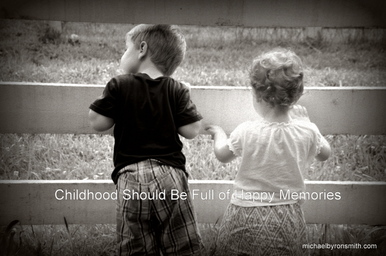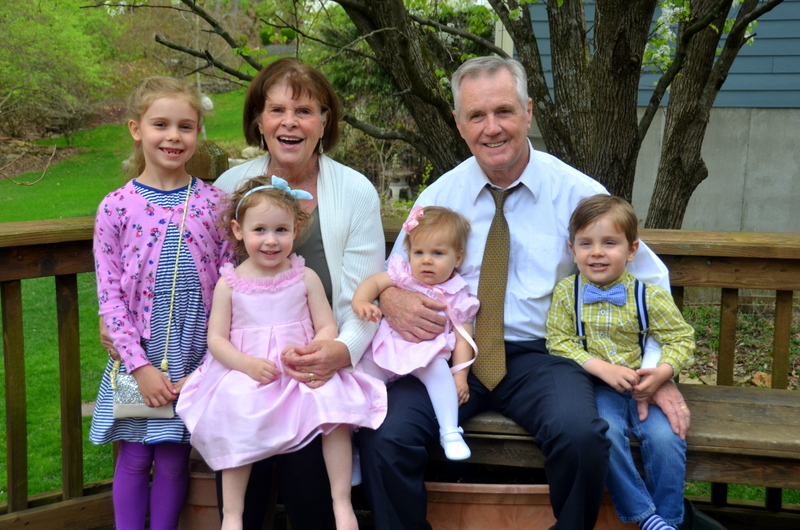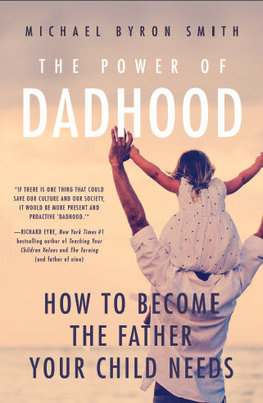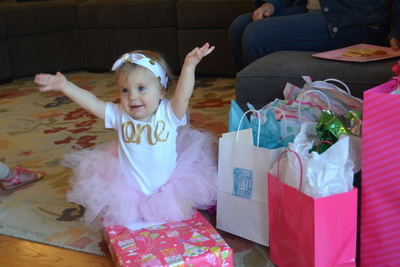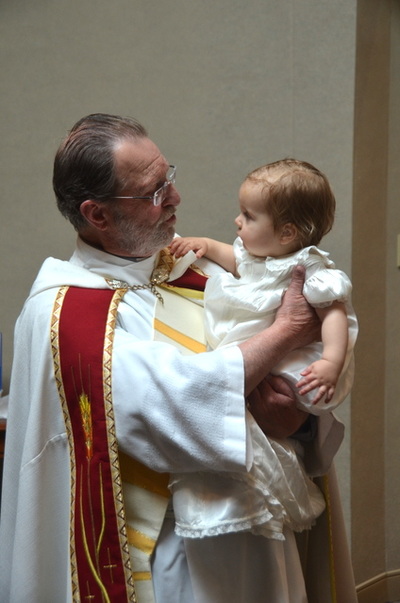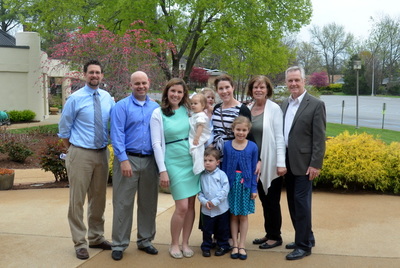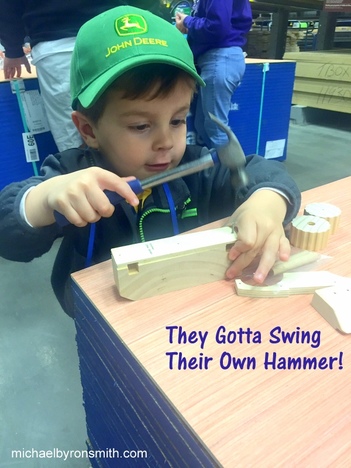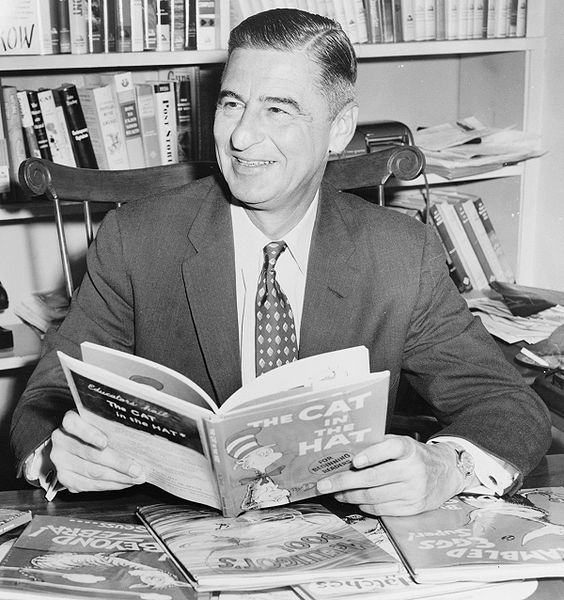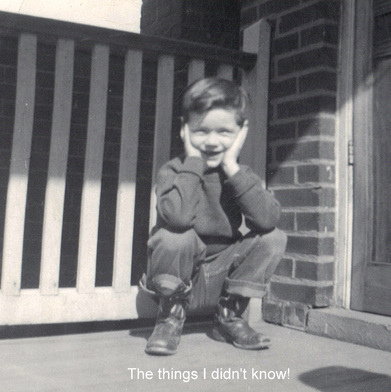 The author at 6 years old
The author at 6 years old There are certain things we learn with no help from anyone. Those are mostly the basics of survival. Even those are not done well without guidance. Most things are learned formally or informally from others. Two things are very important when someone is in a learning mode. One, from whom you are learning and secondly, how old are when you are being taught or observing.
When children are raised in an unsupportive environment, they learn without nurturing or guidance. When I was a child there were many things I didn’t know about. There were things I didn’t do well. I had fears that were baseless, and ideas about things that were just wrong. Those are realities we all deal with as we grow into adults, some succeed better than others in dealing with them.
When I was a child, let’s say under 10 years-of-age, I didn’t feel comfortable around strangers. I didn’t know how to properly play baseball. I knew nothing about religion. Manners were something that escaped me. Bouts of boredom revealed a lack of knowing choices. I had a lack of confidence and little belief in myself. Standing up for myself wasn’t something that came naturally, unless it was a visceral reaction. And that’s all I’ll admit to.
Those are traits that do not bode well for future success. They came about, in part, because my father chose not to be involved in raising his six children, and my mother was overwhelmed with being a single parent of six, supporting us on the earnings of a waitress. There was not much time for lessons in life, reading books, going to church, or being introduced to sports.
When not properly mentored, one reverts to what comes to them naturally. My nature caused me to have those traits described above while someone else may have reacted differently, possibly being bolder, but into more trouble. Many fatherless children can excel in sports, but fail in school or people skills. Other fatherless children can do well in non-social activities but fail in social situations. A real danger for father-absent children is learning from the wrong people, people that may also be lost or trying to prove themselves in the wrong way. Gang behavior is a classic example of finding acceptance or proving one’s self to others that will only serve to make their life more miserable in the long run.
What you learn early in life is very difficult to undo. There is a right way to do things and a wrong way. To prevent the preventable issues children have growing up, they need all the help we can give them early in their life as caring and nurturing parents The personalities and habits of kids are basically learned in the first three years of life. Confidence is a good example. As a young boy, I learned to avoid things that made me uncomfortable instead of facing them and moving on. It took many years to stop that behavior.
I caught up eventually and learned those values in life that had escaped me as a young boy. But it took oh so long. I was a slow starter in life and even though I am happy with where I am today, I wonder how things would have turned out had I had the skills I have now, much earlier.
I encourage struggling parents to take advantage of any program that will help your children develop. A good example is ‘Parents as Teachers’, a wonderful free program that helps evaluate children for hearing, eyesight, etc. and teaches parents how to enrich their learning capabilities. Give all the attention you can to your children’s early development!
#powerofdadhood

